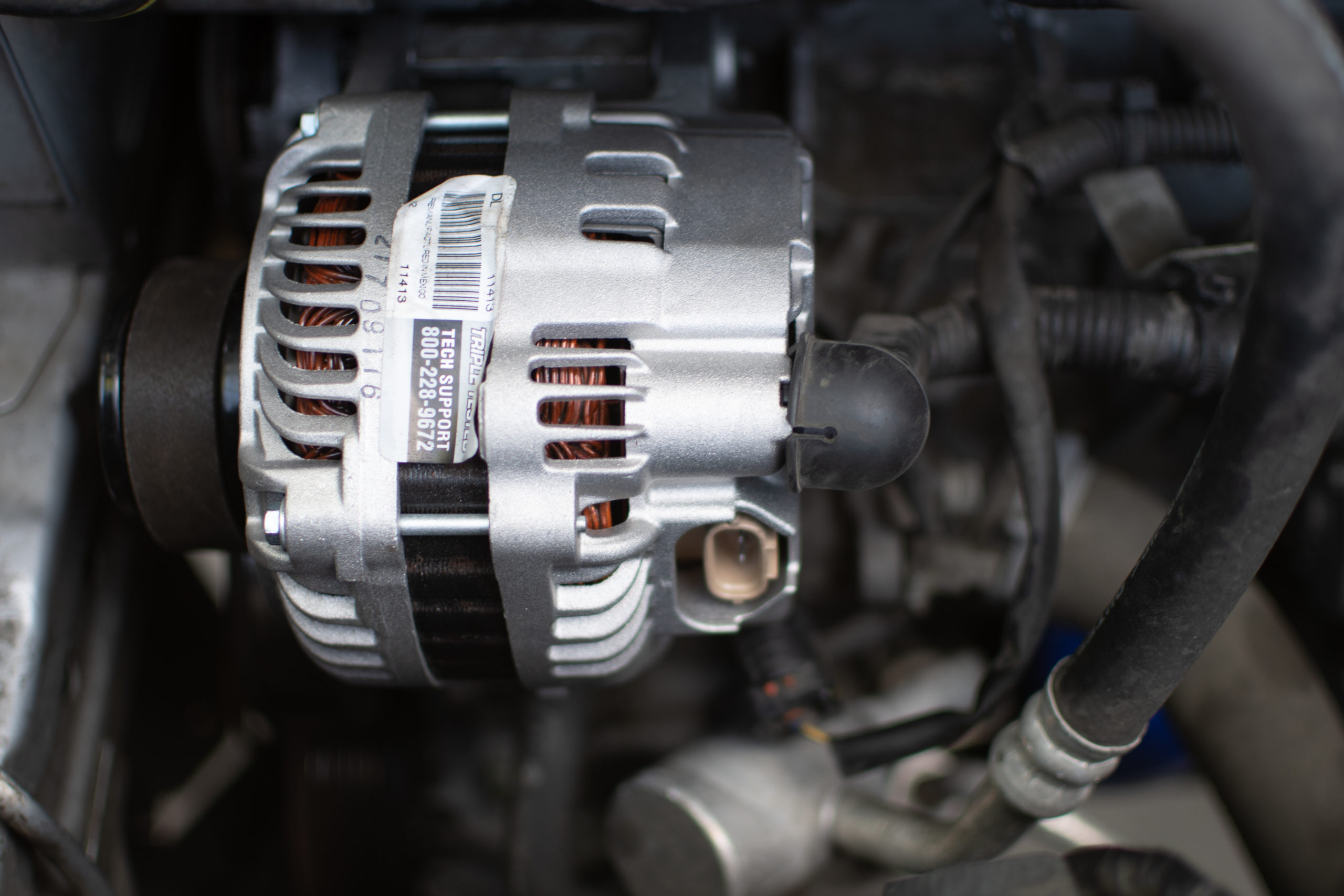If you’re a vehicle owner, it’s important to understand the lifespan of your alternator. This essential component is responsible for charging your battery and powering your vehicle’s electrical system.
A failing alternator can leave you stranded, so it’s crucial to know the signs of an aging alternator and when it might be time for a replacement.
Average Lifespan of an Alternator
On average, an alternator can last between 5 to 7 years or 100,000 to 150,000 miles. However, this lifespan can vary significantly depending on several factors, including:
- Driving Conditions: Extreme temperatures, stop-and-go traffic, and frequent short trips can put additional strain on your alternator, reducing its lifespan.
- Electrical Load: The more electrical components and accessories your vehicle has, the harder the alternator has to work, potentially leading to premature failure.
- Battery Condition: A faulty or old battery can overwork the alternator, causing it to wear out faster.
- Manufacturing Quality: Some alternators are simply better made than others, with higher-quality components that last longer.
Signs of a Failing Alternator
As your alternator nears the end of its lifespan, you may notice some warning signs, including:
- Dim Headlights: If your headlights seem dimmer than usual, it could be a sign that your alternator is not charging the battery properly.
- Battery Warning Light: Many modern vehicles have a battery or charging system warning light that will illuminate when the alternator is not working correctly.
- Electrical Issues: Problems with your vehicle’s electrical components, such as the radio, power windows, or dashboard lights, could indicate alternator failure.
- Battery Drain: If your battery keeps dying or needs frequent jump-starts, it’s likely that your alternator is not charging it sufficiently.
Extending the Life of Your Alternator
While alternators have a finite lifespan, there are steps you can take to help extend their life:
- Replace Aging Batteries: An old battery can put extra strain on your alternator, so replace it when necessary.
- Avoid Excessive Idling: Idling for extended periods can cause the alternator to work harder than necessary.
- Maintain Proper Belt Tension: Loose or worn belts can cause the alternator to work harder, leading to premature failure.
- Avoid Electrical Overloads: Limit the use of high-drain electrical accessories when possible to reduce the load on your alternator.
When to Replace Your Alternator If you notice any of the warning signs mentioned above or if your alternator is approaching the end of its expected lifespan, it’s a good idea to have it tested by a professional mechanic. They can diagnose any issues and recommend whether replacement is necessary.
Also Read:
- What to Do When Your Car Loses Power But the Engine is Still Running
- Why Does My Car Jerk When Accelerating at Low Speeds?
- How Much Does Brake Caliper Replacement Cost in the USA?
- The 10 Best Subcompact SUVs to Buy in 2024
Replacing an alternator can be a costly repair, but it’s essential for keeping your vehicle running smoothly and preventing more significant problems down the line. By understanding the lifespan of your alternator and recognizing the signs of failure, you can take proactive steps to ensure your vehicle’s electrical system remains in top condition.



[…] How Long Do Alternators Last? […]
[…] How Long Do Alternators Last? […]